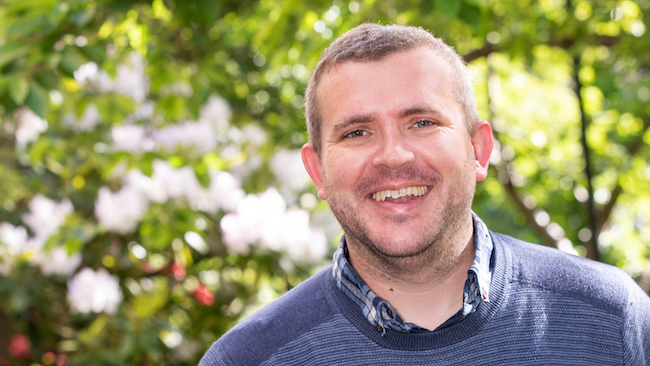Wednesday 8 December 2021 10:46am

Four research projects in the Biochemistry Department received prestigious Marsden funding this year. We introduce the projects in a series of brief reports.
What do you think of when you hear 'green lipped mussels'?
A delicious dinner (or maybe a sore tummy)?
A health food supplement?
Green lipped mussels, also called kuku or kūtai, are shellfish native to New Zealand and are a precious taonga, treasured by the country in many different ways.
Countless generations of New Zealanders have bonded over hearty meals of kuku after prising them off rocky coastlines together. The kuku aquaculture industry exports kuku and kuku products internationally and is valued at over $348 million a year. On top of this, kuku are filter feeders that help to clean up coastal waters. Phytoplankton thrives in the fertiliser-rich run-off from farms into the sea. Kuku filter phytoplankton and sediment out of seawater, cleaning it up.
Alarmingly, climate change now threatens kuku with an uncertain future. Changes in water temperature and ocean acidification are already starting to impact the growth and development of kuku.
Fortunately, some kuku are better at coping with these problems and are able to survive in conditions where others do not.
The resilience seen in these kuku may be due to differences in the way their embryos develop.
This is where Dr Nathan Kenny (Ngāi Tahu and Te Ātiawa), comes into the story. He joined the Biochemistry Department this year as a Rutherford Research Fellow, and has been awarded $360,000 of Marsden funding over three years to investigate these differences.
Working alongside mana whenua and partners at the Cawthron Institute (Nelson), he aims to pinpoint the exact differences between the embryos of resilient and vulnerable kuku.
He will figure out which genes are turned on in each cell of kuku embryos at their earliest life stages, both resilient and vulnerable types, using single cell sequencing technology.
The resulting library of data will provide amazing detail into how kuku and other molluscs develop at the cellular and genetic level.
Nathan will make this data available to guide selective breeding within the kuku aquaculture industry, and also to contribute towards efforts to conserve this taonga (treasure) for generations to come.
Congratulations to Nathan on his award - Ka mau te wehi!
Find out more about Nathan's research here:
Dr Nathan Kenny's research profile
Kenny Lab website